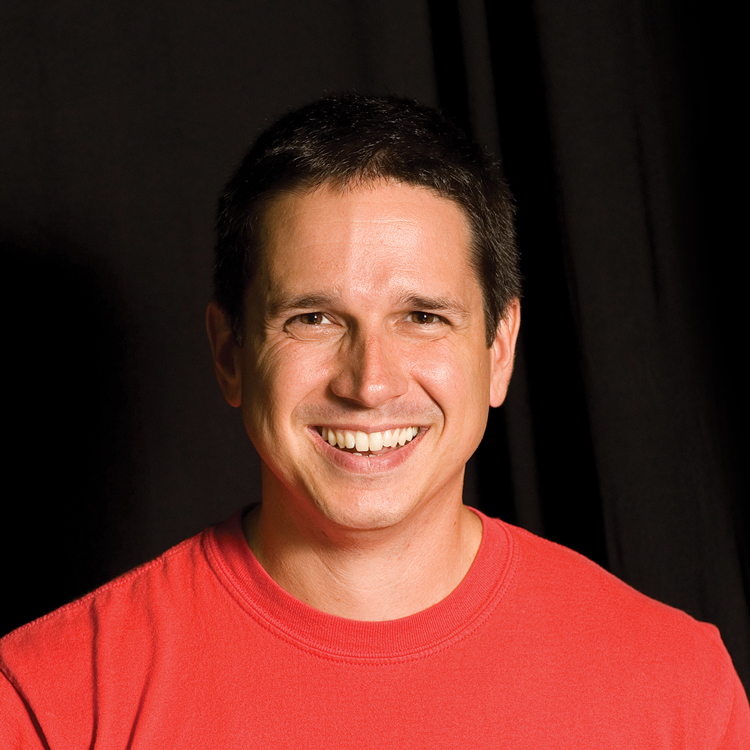In my work as a consultant, I find most clients suffer from many of the same issues, regardless of geographic location or current market conditions. One of the most common issues is that they try to be everything to everyone. To appeal to more customers, my clients bring on extra inventory they may not be prepared to sell. They also tack on more programs and events that lead to a cannibalization of profits from other real moneymakers. Often, this translates to lost revenues and creates redundancies and confusion for the customer and store employees.
One client I worked with had 27 different music lesson programs outside of the standard weekly private lessons for guitar, drums, piano, vocal and other instruments. It was a confusing menu of the group, specialty and age-specific classes, music events, master classes and miscellaneous workshops. On Tuesday nights the store offered a guitar tuning and string selection class with special discounts on strings and accessories for attendees. On Wednesday, Thursday and Friday nights it offered hand-drumming classes, piano classes for seniors, a master class for more advanced guitarists and several rock band rehearsals for student bands. Saturdays were an exercise in creating chaos as the store offered as many classes and sales as possible in one day.
If you offer discounts and specials every week, what’s the incentive to purchase today?
When I examined the store’s P&L statements, I found that none of the different events and classes made much, if any, money and were not moving more inventory. For example, I discovered the store was constantly trying new brands of strings to keep the tuning classes varied, but the employees and teachers were not well trained on the different products so they had a hard time selling them. In turn, the strings sat on the shelves as the new product took their place, tying up revenue in unsold inventory.
Furthermore, employees were always distracted by explaining these extra classes and registering people for them. Most of the employees couldn’t tell customers the major differences between the scope of the extra classes and what they could learn in weekly private lessons. They seemed to suffer from information overload. Sure, there were bodies in the store, but the classes were never at capacity, and it was not translating into increased sales. If you offer discounts and specials every week, what’s the incentive to purchase today?
The bottom line was the majority of the dollars made from the education side of the business were coming from private lessons and sales of the product that the staff knew well. However, private lessons were not being fed through the extracurricular classes as had been expected, so growth was starting to stall in all areas.
It was time for me to take out my Retail Doctor scalpel and do some cutting. The store owner, manager, teachers and I started by eliminating or consolidating many of the classes and curriculums. In most instances, we merged the materials that were being taught in some of the extra classes into the private weekly lessons. Why not teach a student in their private guitar lesson how to change strings and pick the right strings for their particular applications? Why do you need a separate class for this? The store immediately saved money from printing fewer event flyers and handouts advertising all the other programs. In turn, employees were more focused on areas that were revenue-heavy and spent less time explaining all the various programs to customers. Productivity went up, there was more time to focus on product training if they decided to bring on new merchandise and sales increased as less inventory went unsold.
The store owner thought the extra classes would allow him to expand products and services, but in reality, one hurt the other.
I now encourage all business owners I work with to look at where they can make cuts, consolidate and eliminate to simplify their business. It’s increasingly difficult in today’s retail world to be all things to everybody, so you must remain focused on the real dollar makers and keep in mind that sometimes less is more. MI
Billy Cuthrell is the founder of Progressive Music Center, an MI consultant and an adjunct professor of music industry studies at Appalachian State University.










